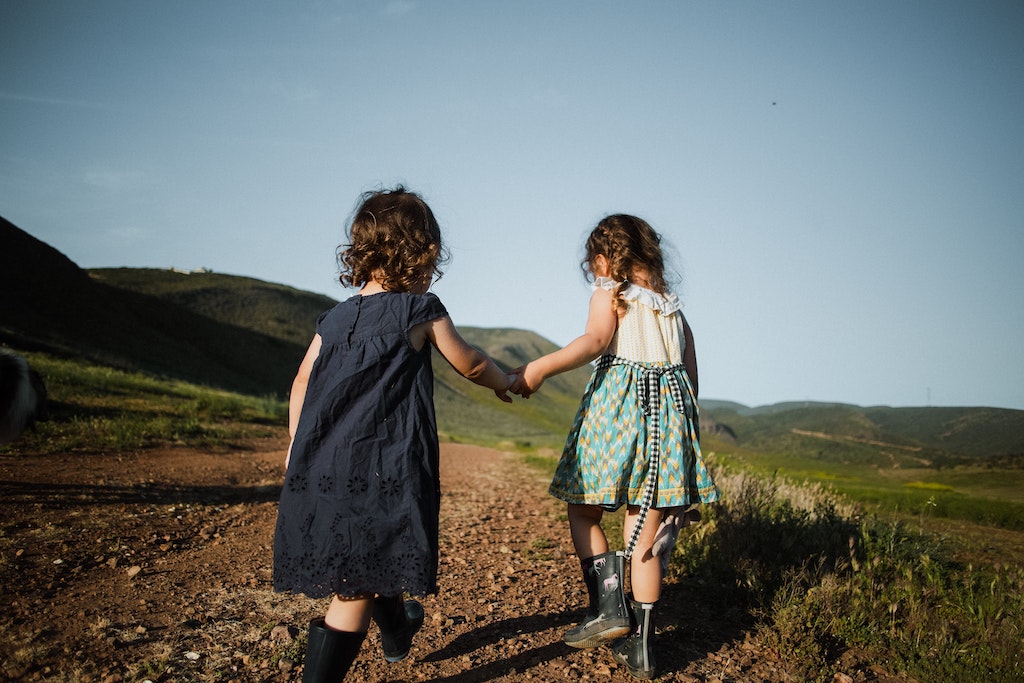“ The only way to have a friend is to be one.”
–Ralph Waldo Emerson
August 7th was Friendship Day, an international holiday for celebrating friendship and recognizing the importance of global bonding. In addition, August, for many families, marks the beginning of back-to-school season. As excited as parents and kids are for school, there tends to be some concern about how children will adjust to their new classroom. In short, will they get along with the other kids and be able to make friends?
Although we send kids to school for academic learning, their social learning is a huge part of their education. Some kids are social butterflies, while quieter kids may find this time of year somewhat daunting. Here are some tips for supporting your kids and helping them BOTH make new friends and be good friends to others.
Model Positive Social Behavior
Children are natural copycats and love to follow in the footsteps of the adults in their lives. The way that parents and childcare workers interact with each other, and other children, provides a guide for children to follow as they interact with their peers. Being patient, using kind words, and listening when others speak are great positive interactions to model for your kids.
Teach Empathy
Empathy is one of the most important factors in being able to make and keep friends. Children, especially younger ones, are much more ego-centric and often struggle to consider the needs/feelings of others before themselves. Teaching children empathy allows them to build stronger relationships, avoid bullying, and develop teamwork skills.
Make Time to Practice
Kids who struggle with large group environments can greatly benefit from opportunities to practice their social skills. Consider planning a trip to the playground or a play date that will allow your child to prepare before being thrust into a bigger group environment.
Coach Your Kids
Being prepared can make kids feel a lot more confident when faced with social conflict. Consider talking about conflicts your children may face and give them the skills to handle them. Roleplaying scenarios is a great way to provide your child with a toolbox for dealing with difficult interactions before they occur.
Teach Children to Apologize
Forced apologies don’t help, however teaching the importance of a genuine apology can go a long way in fostering good relationships. Rather than forcing an apology or threatening punishment, focus on the feelings and consequences of the situation. Teaching children the importance of apologizing helps them know when they need to say they’re sorry and help them accept others’ apologies as well.
For children who are having trouble making friends, it’s important for their parents and childcare workers to communicate and address concerns as they arise. Childwatch is a great source for helping monitor and communicate about social developments as they occur. That said, all children develop at their own pace. It’s okay to be the most popular kid in the room or the one who prefers to play alone, as long as they have the skills necessary to interact with others and make friends when they’re ready.

